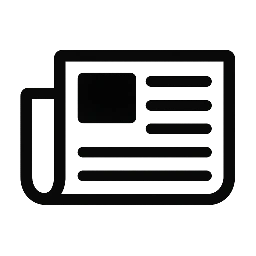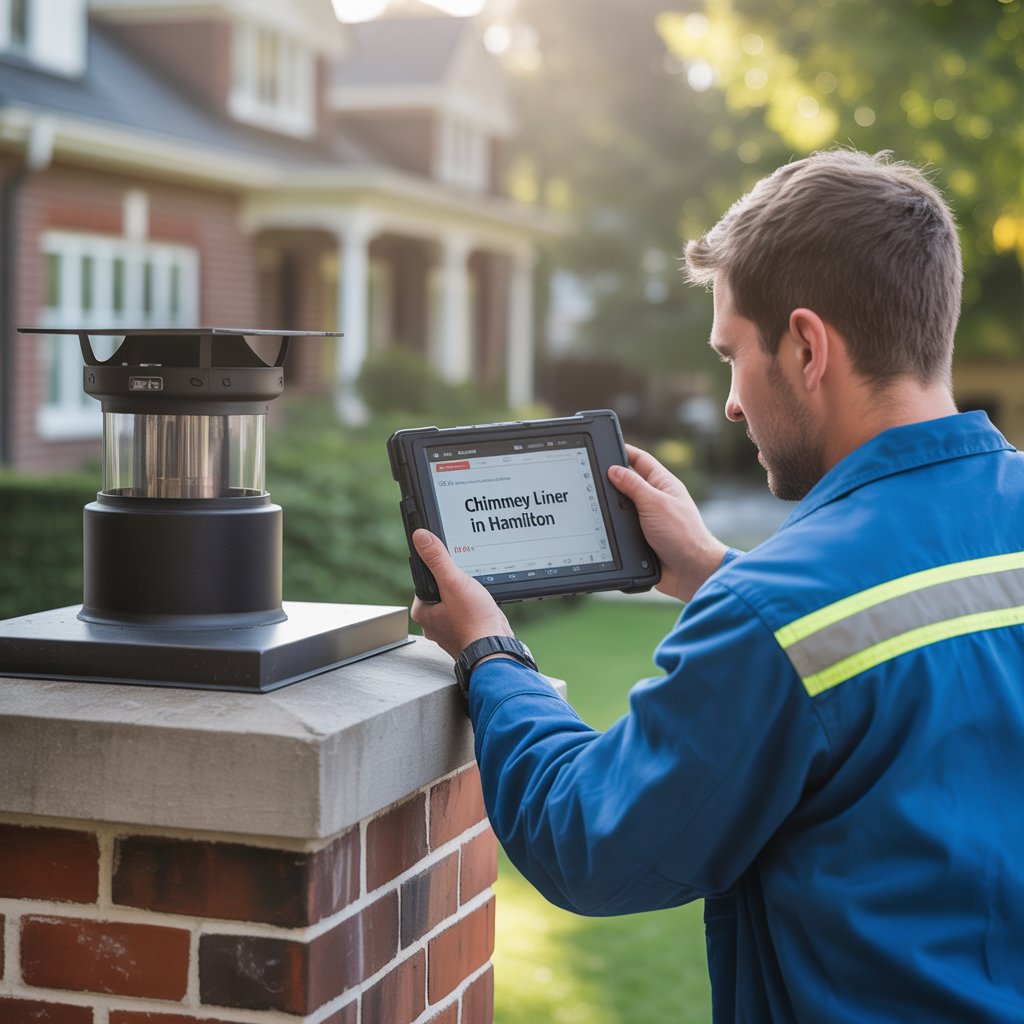So, you’ve been poking around your fireplace lately or maybe an inspector told you your chimney liner needs replacing and now you’re asking the big question: Can I do this myself? If you’re in Hamilton, Ontario, where older brick homes and cozy fireplaces are common, this is something many homeowners eventually face.
Installing a chimney liner isn’t exactly a walk in the park, but it’s not impossible either. With the right knowledge, tools, and safety precautions, some handy homeowners can absolutely tackle the job. That said, it’s not the kind of project where you want to “wing it.”
Let’s break it all down so you can decide whether it’s worth rolling up your sleeves for a Chimney Liner Hamilton or calling in the pros.
What’s a Chimney Liner, and Why Does It Matter?
A chimney liner is basically the inner wall of your chimney. Think of it like a tunnel within the chimney stack that helps smoke, heat, and dangerous gases exit your home safely. Most modern homes have stainless steel liners, but older homes in Hamilton may have clay tile or none at all.
Here’s what the liner does:
- Keeps heat from reaching nearby wood framing (huge fire hazard if it does)
- Protects your brick and mortar from corrosive gases
- Improves draft efficiency so smoke goes out not in
- Reduces creosote buildup (a common cause of chimney fires)
If your liner is cracked, deteriorated, or missing altogether, you’re not just losing heat efficiency you could be putting your home and family at risk.
DIY Chimney Liner Installation: Is It Realistic?
Here’s the short answer: Yes, it’s possible to install a chimney liner yourself, but it’s not for everyone.
Here’s a table to help you decide where you stand:
| Skill Level | DIY Chimney Liner Feasibility |
| First-time DIYer | Not recommended too risky and technical |
| Intermediate DIYer | Maybe if you’re good with tools and ladders |
| Experienced DIYer | Yes with the right kit, planning, and help |
| Pro Installer | Obviously yes and fast too |
What Makes It Tricky?
- You’re working on the roof height and fall risk are major concerns.
- Liners can be heavy and awkward to maneuver, especially down narrow flues.
- You’ll need to match liner size to your appliance (wood stove, furnace, etc.)
- You must seal it properly or you risk smoke leaks or backdrafts.
- Hamilton has building codes, and DIY work must meet them if you’re ever selling the house.
One local chimney technician told us:
“I’ve had to redo a lot of DIY installs. It’s not always about saving money—it’s about getting it done right and safe the first time.”
If that doesn’t scare you off, you might be the perfect candidate for a DIY chimney liner project. Just know what you’re getting into.
Key Features of a Good Chimney Liner Kit
If you’re going the DIY route, you’ll likely order a flexible stainless steel chimney liner kit. Here’s what to look for in a solid system:
- Stainless steel (316Ti or 304): Durable and heat-resistant
- Flexible design: Easier to guide through bends in old chimneys
- Top plate and rain cap: Keeps water and critters out
- Insulation wrap: Improves performance and safety
- Connector parts: Must match your stove, fireplace, or furnace
If your chimney has strange angles, is over 30 feet tall, or has multiple flues, installation gets more complex and your odds of needing help go up fast.
How Much Does It Cost to Install a Chimney Liner Yourself?
Here’s a ballpark of what you can expect:
| Item | Estimated Cost (CAD) |
| Stainless Steel Liner Kit | $600 – $1,200 |
| Insulation Wrap (optional) | $150 – $300 |
| Tools (if not owned) | $50 – $200 |
| Professional Inspection | $150 – $250 |
Total DIY Cost: $800 – $1,700
Pro Installation: $2,000 – $3,500+
While the savings can be tempting, always weigh the risks, including safety and local compliance.
Safety First: Don’t Skip These
DIY projects can be fun and satisfying until you end up on the roof in the wind with a 30-foot steel noodle in your hands. Before you climb that ladder:
- Use fall protection gear (harnesses, roof anchors)
- Have a helper don’t work alone, especially on the roof
- Wear gloves and a dust mask (chimneys can be filthy and sharp)
- Turn off the appliance connected to the chimney
- Get a chimney camera inspection if possible before and after install
And if you’re ever unsure, call a certified technician to double-check your work.
FAQs About DIY Chimney Liner Installation in Hamilton
Q: Can I install a liner without removing the old one?
A: Sometimes, yes. If the old clay liner is intact but oversized, you can install a stainless steel liner inside. But if it’s broken or blocked, you’ll need to remove debris first.
Q: Do I need a permit in Hamilton to install a liner?
A: For a DIY install, you may not need a permit, but your work must follow Ontario Building Code. If you’re unsure, call your local bylaw office before starting.
Q: Can I use a chimney without a liner?
A: Technically, yes but it’s highly unsafe and likely not up to code. Most insurance companies won’t cover a chimney fire if the liner is missing or damaged.
Q: How long does a stainless steel liner last?
A: With proper installation and maintenance, up to 20–30 years some even come with lifetime warranties.
Final Thoughts: Should You DIY or Dial a Pro?
If you’re confident with tools, don’t mind heights, and have a helper, installing a chimney liner yourself can be a rewarding and money-saving project. But it’s not for the faint of heart. Chimney safety isn’t something you want to leave to guesswork.
In older Hamilton homes especially, chimneys can be quirky bent flues, historic masonry, or multiple heating appliances may complicate things. If anything about the job gives you pause, getting a professional quote is a smart move.
Read More: Chimney Sweep Hamilton

